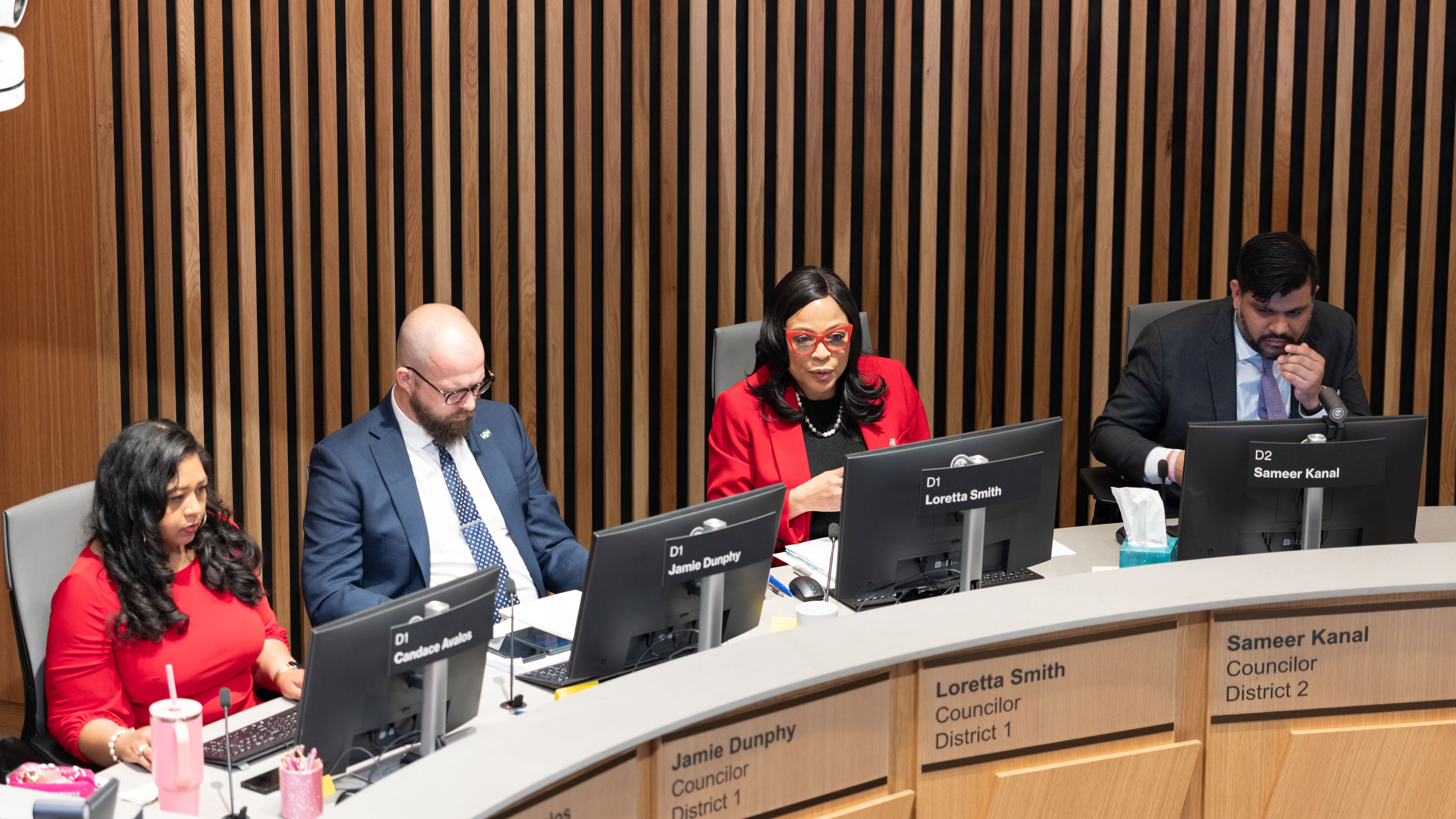In the face of furious outcry from dozens of nonprofits, the Portland City Council voted unanimously Wednesday to restore a $65 million Portland Children’s Levy grants package that it had rejected earlier this month.
The reversal was an astonishing backtrack for the council, which had rejected the entire grants package after several councilors said the selection process had not sufficiently considered racial justice. The evidence for that concern, in part, stemmed from the complaints of two Black-run nonprofits that had not received the funding they sought.
But the effect of that June 4 vote, as nearly 10 Black and Brown nonprofit leaders said, was to strip funding from a litany of BIPOC-run nonprofits that expected the money to arrive next month.
“This was not equity,” said Sprinavasa Brown Turner, executive director of ELSO Inc., a nonprofit providing career training and science education to students of color. “This was power at play, and greed.”
As WW first reported earlier this week, the City Council voted 7–5 to reject all the three-year grant recommendations by staff for the Children’s Levy, a property tax-funded program to aid vulnerable children. Instead, the council voted to extend all existing grants by one year—including grants held by nonprofits that had not been recommended for funding in the upcoming year due to poor performance.
The backlash to the council’s vote was swift and strong. On June 18, the Children’s Levy’s Allocation Committee ripped into the council’s decision, calling it ill-informed and reckless. PCL staff laid out each councilor’s concern, bullet point by bullet point, and offered a rebuttal to each.
By the beginning of this week, councilors who voted to remand the funding package to Children’s Levy staff had begun to talk about what they might do to alter their decision. One option on the table: propose a repeal of their earlier decision. But on Wednesday morning, according to City Hall sources, none of the councilors who voted for a remand had plans to put forth a repeal.
But Councilor Steve Novick did.
On Wednesday afternoon, at the top of the council meeting, Novick, who had voted against the remand on June 4, motioned to repeal it.
“I’ve heard many members of this body talk about the importance of citizen involvement,” Novick said to his colleagues. “This is an example of citizen involvement on steroids.”
Councilor Tiffany Koyama Lane, who voted for the remand, introduced an amendment to Novick’s proposal that would’ve upheld the remand but undo the one-year extension of existing grants, leaving at least a two-week gap in levy funding for all organizations. Koyama Lane said the Children’s Levy would come back to the council July 16 with a new funding package.
Koyama Lane’s amendment, then tweaked by Councilor Angelita Morillo, failed by a 6–6 vote. (Councilor Sameer Kanal was the long councilor to vote for the remand June 4 but vote against Koyama Lane’s amendment today.)
Novick took issue with the amendment, saying those who had been hurt by the council’s remand deserved to see which members of the council could admit a mistake.
“I think the people who came here today and the community in general deserve to see an up-or-down vote on my ordinance, and see who is able to admit they made a mistake before,” Novick said.
The council opened the discussion to public testimony.
That’s when nearly 10 BIPOC leaders of nonprofit organizations that were slated to receive funding had it not been for the remand testified to the council, railing councilors for their earlier vote.
Nike Greene, CEO of Triple Threat Mentoring, said the council had ignored dozens of Black community members who told councilors they had erred.
“I’m not sure who City Council was listening to when they decided to remand the PCL recommendations, regardless of Black voice, but we stepped up and stood before you when we said you got it wrong,” Greene said. “We’re glad that you’re adults and you recognize you got it wrong....Do what you say you’ve been waiting for: which is to be led by the community.”
Brown Turner, executive director of ELSO, said in her testimony that the council had listened to the gripes of a “politically connected organization” that “stepped in late and shifted the conversation, not through transparency but through influence.”
Eric Knox, executive director of Holla, called the councilors’ remand vote “absolutely reckless.”
“It unraveled a grant-making model rooted in equity and designed by Black and Brown hands. We were excited for when this new council came in,” Knox said. “Watching members of our own community who once campaigned on courage fold into politics of self preservation, we expected more. It’s about the soul of the city. And whether it can still recognize justice when it’s staring it in its face. I urge you, you can correct this.”
Following public testimony, and another few minutes of discussion between councilors during which the council agreed to add a piece to Novick’s proposal to require the Allocation Committee address some of the councilors’ concerns, the council took the vote.
All 12 councilors voted to repeal its earlier decision.
Councilors who originally voted to remand apologized.
“I regret that vote,” Councilor Mitch Green said. “The best time to not make a mistake is the first time. But the second time is when you get to choose again. I apologize for the harm this has caused in the community.”
Morillo, too, apologized, as did Koyama Lane and Jamie Dunphy.
“I got it wrong on the first vote,” said Kanal. “It was taking a steamroller to something that deserved a scalpel.”

